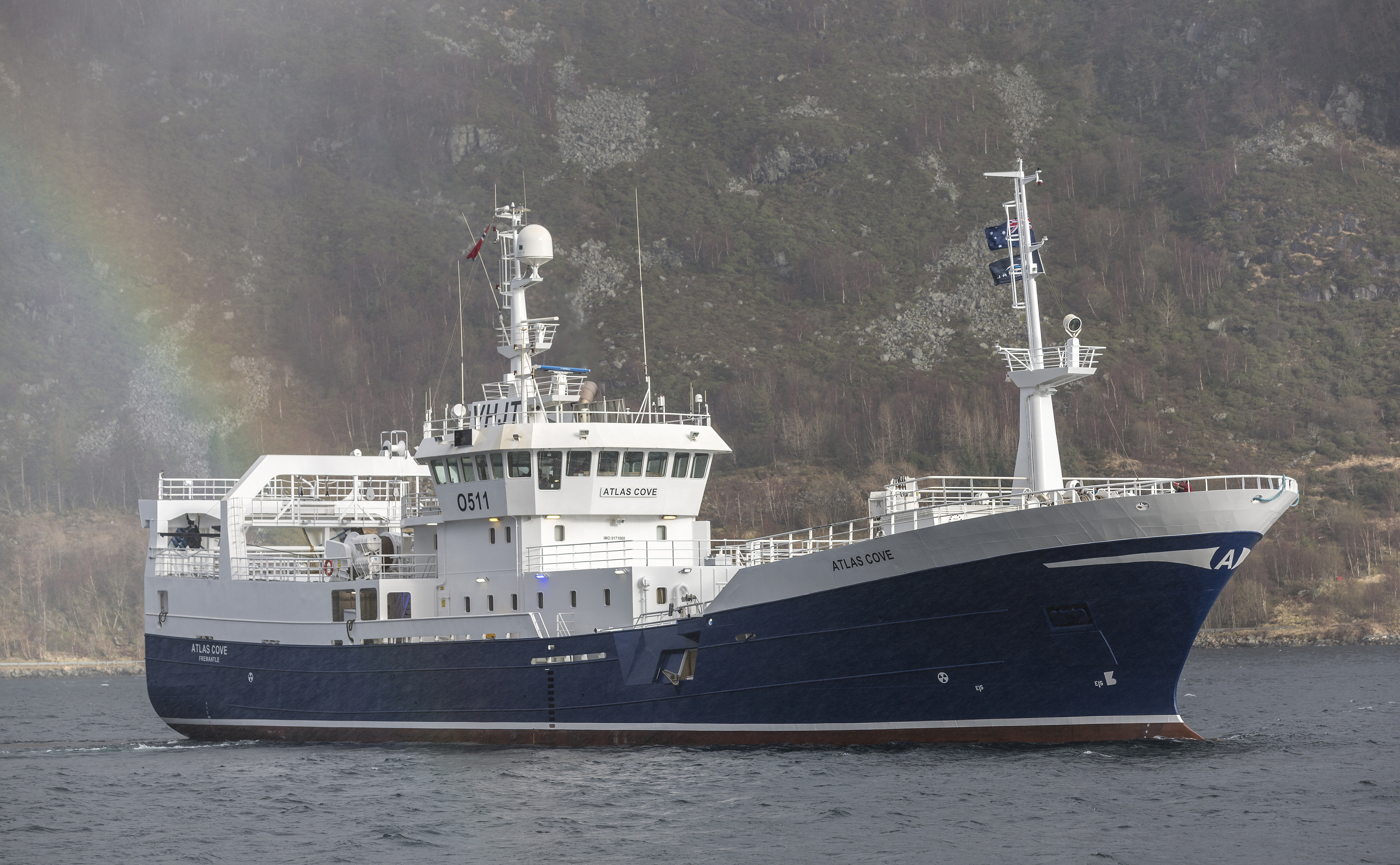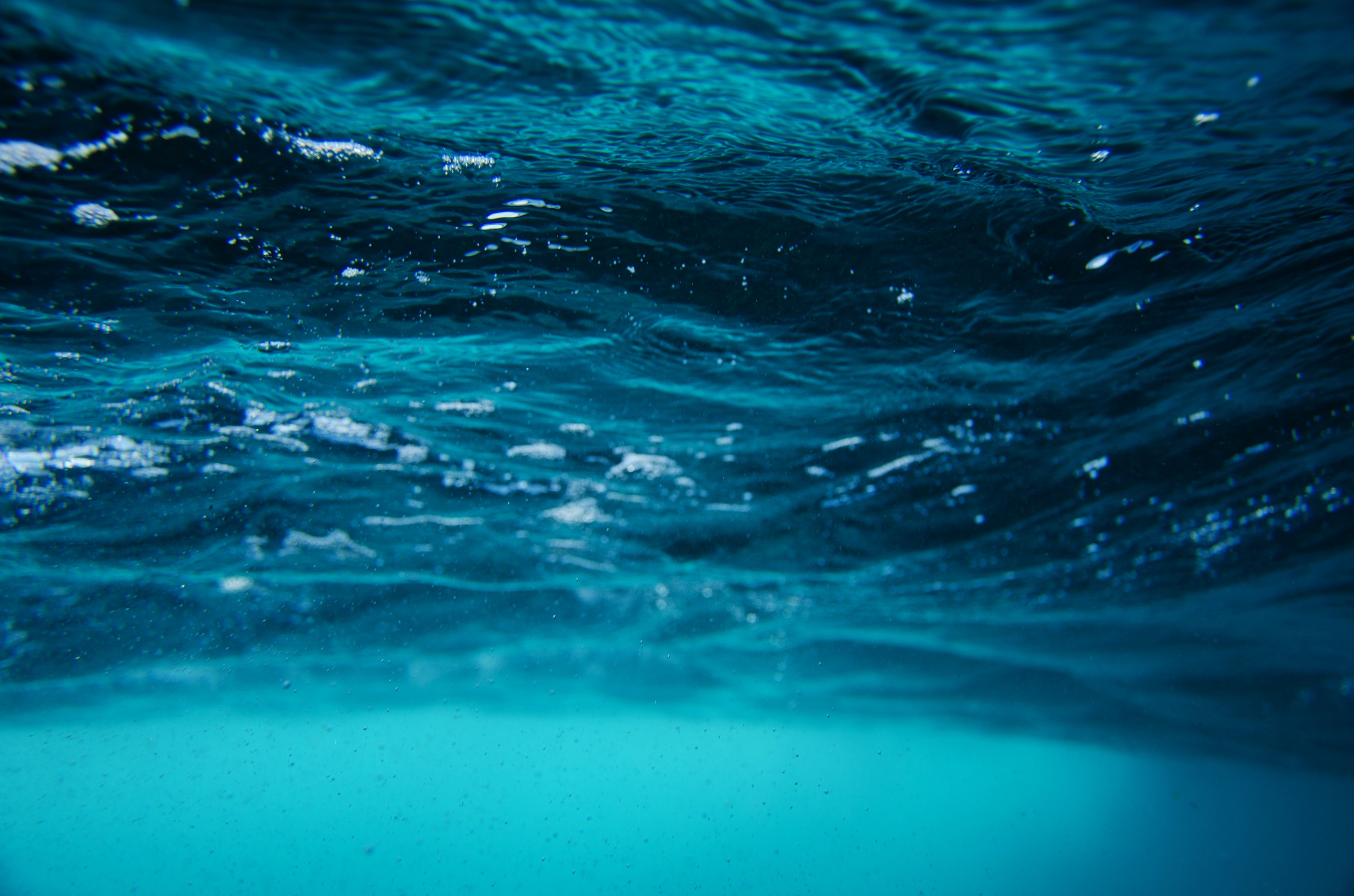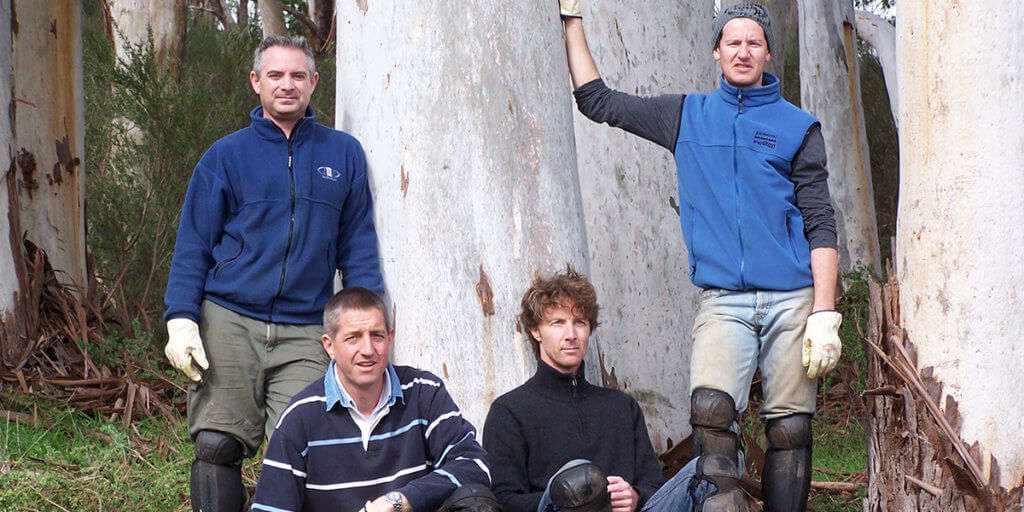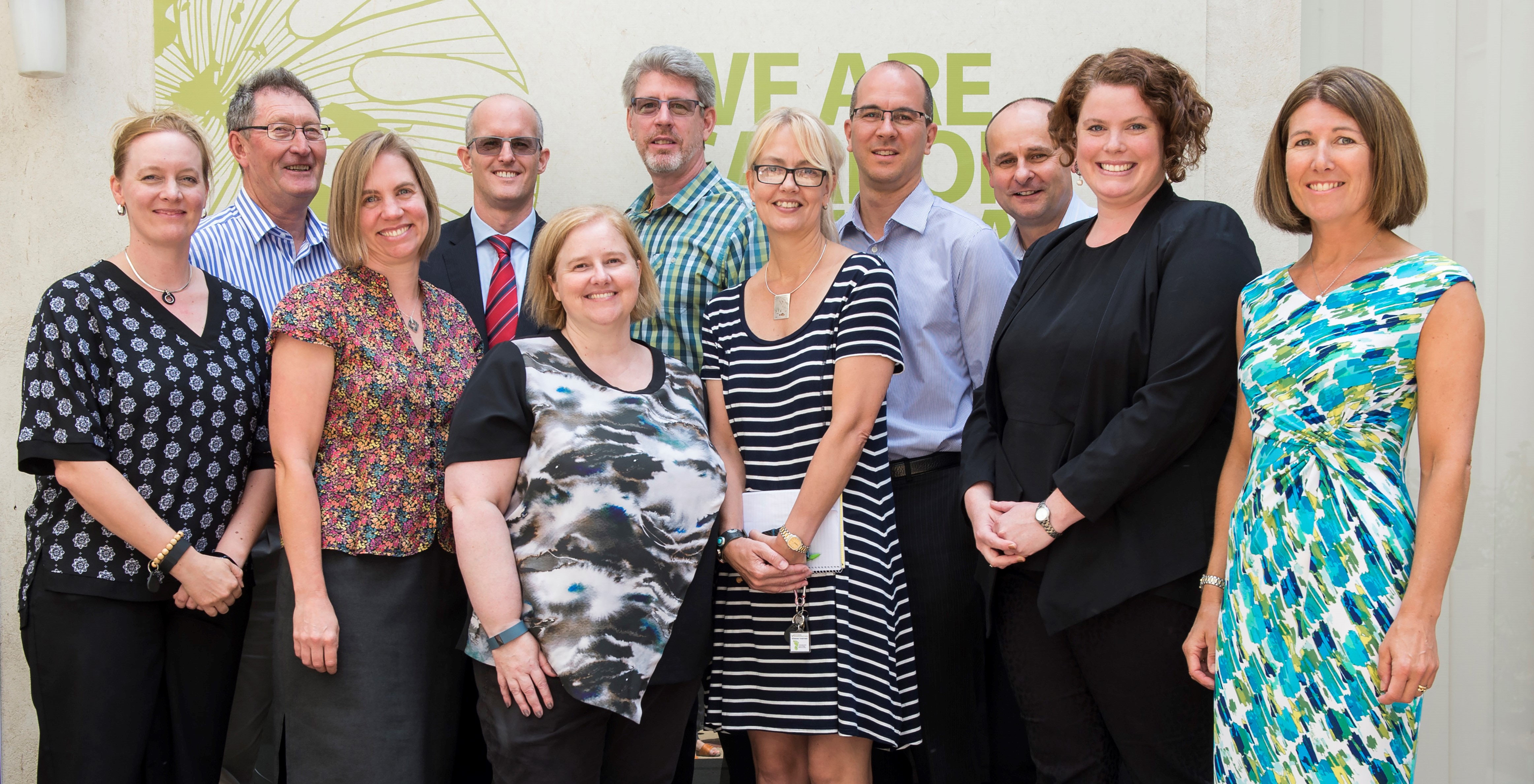Austral Fisheries
Member Story
Austral Fisheries is one of Australia’s largest integrated commercial fishing companies. Austral Fisheries is recognised for responsible fishing practices and their continuous efforts in maintaining their environmentally friendly and sustainable methods.

Certification goals
Within Austral, the carbon neutral process began as a conversation between staff and other fisheries stakeholders, which led to greater understanding and recognition of the impacts our emissions were having on our planet.
By using a cradle-to-gate approach, we have accounted for all carbon emissions we can identify from the start of our activities through to the point of the end user consuming it, whether at home or at a restaurant.
This includes all the fuel we burn on our vessels at sea to harvest our catch (which accounts for more than 80% of our emissions), the emissions associated with production and transport of supplies and product to and from our vessels, and all supporting activities such as shore-based operations and management, administration, policy development, sales and marketing.
“We identified a need to reduce and offset our carbon emissions to help ensure the health of our oceans, which is fundamental to our business.” David Carter, CEO Austral Fisheries
Highlight
Austral Fisheries is certified as a carbon neutral organisation as well as certifying its wild caught fish and prawn products
Certification type
Organisation and Product
Founding member since 2016
Impact
We have also been able to broaden our business reach to more environmentally focused customers, opportunities and initiatives. We have also seen benefits in staff engagement and community support thanks to becoming carbon neutral.
We achieved a 38% reduction in fuel use by modifying the drive train on our largest vessel to give the crew more flexibility in managing propulsion and electrical loads under various situations. This project alone reduced their emissions by 3126 tonnes of carbon dioxide equivalent.

“The process of seeking certification has expanded our internal expertise in carbon accounting, our understanding of offsetting and co-benefits, and our drive towards emission reductions. With this knowledge and having achieved the certification tick, we can confidently explain our carbon neutral story to our stakeholders.”

